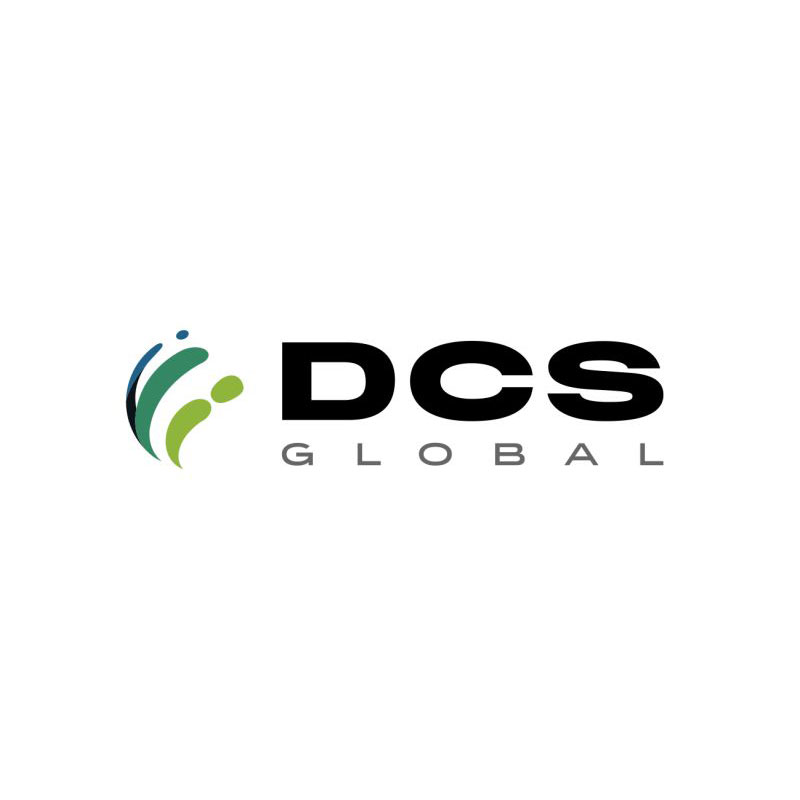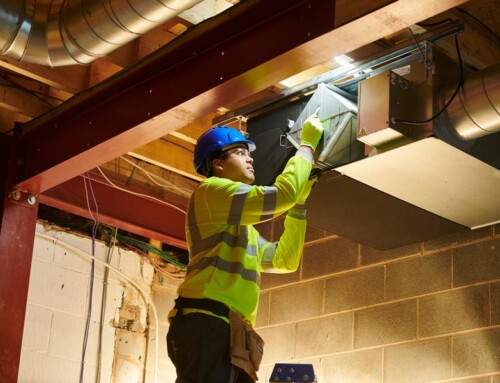The ISSA Impact: DCS Global Enterprise
With the COVID-19 pandemic having redefined cleaning, the services and support of cleaning consulting companies have been invaluable to many in the cleaning industry, especially building and facility managers. One such company is DCS Global Enterprise.
DCS Global provides facility management consultative services in all types of facilities, including office buildings, industrial plants, and multi-use facilities. It is an international custodial advisory company that specializes in servicing property and facility management in requests for proposals (RFPs), auditing, and cleaning for health.
As COVID-19 raged, DCS offered programs that supplied standards to direct their customers in effectively navigating cleaning for health during the pandemic and in the future. How did they accomplish this?
In the below podcast of Straight Talk!, ISSA Media Director Jeff Cross sits down with Randy Burke, DCS Global CEO, to talk about the increased frequency of cleaning and the need to validate everything cleaning professionals do for their facilities. Listen to the complete episode below. You can also download an audio MP3 of the episode here. And continue reading for Burke’s thoughts on the cleaning industry; the GBAC® STAR registered program from the Global Biorisk Advisory Council® (GBAC), a Division of ISSA; and more.
ISSA: Tell us about DCS.
Burke: We are trusted cleaning advisors and independent third-party experts who’ve been in business for more than 25 years. Cleaning is complex and costly, and we support facility management in making their cleaning program more effective and efficient. This includes everything from GBAC® STAR compliance to audits/inspections, RFPs, and cost optimization.
ISSA: I understand that you have been associated with ISSA for a long time.
Burke: I’ve known John (Barrett, ISSA Executive Director) for forever from working as a cleaner or cleaning consultant for over 40 years. One thing I admire about ISSA is that it works hard to really understand the needs of its stakeholders and provide creative solutions. You read about it in business books, but John and his team really deliver.
ISSA: How did you become aware of and associated with GBAC?
Burke: It was in the early days of COVID-19, and nobody knew how to deal with this monster. I called John to pick his brain, and he told me about a concept they were working on with GBAC.
It is a brilliant idea—to solve a world-class problem, bring in world-class expertise. The GBAC® STAR program is like having a biochemist, a disease-prevention expert, and a health and safety specialist on your in-house cleaning staff. I love the idea of the online education concept, which makes it easy and accessible.
ISSA: With COVID-19 concerns starting to fade, what role will GBAC® STAR be playing going forward, in your view?
Burke: I think some COVID-19 variants are going to be with us for a long time, unfortunately. The beauty of being GBAC® STAR certified is that it also helps cleaning staff to lower the surface transmission risk of viruses responsible for the common cold and seasonal flu.
A big problem in business is the hidden cost of absenteeism. Data is tough to find, but research suggests the average employee takes five to eight sick days per year—more in sectors like education and health care. According to one study, absenteeism is a US$200 billion per year issue.
ISSA: Compared to air transmission, some say the risk of surface contamination is lower. What are your thoughts on that?
Burke: It depends on what you mean by low. My analogy is car accidents. For the number of vehicle miles driven, the risk is low, but we still see a lot of them, and for the individual victim, the cost is quite high. The risk of COVID-19 may be low, but the price is high.
Most car accidents are preventable if you drive smarter. In the case of GBAC® STAR, it helps lower surface-transmission risk by having custodial staff clean smarter and more effectively. And once your team understands how to clean for health, it shouldn’t add significantly to your daily cleaning costs.
ISSA: Most facilities are cleaned on a daily basis. Doesn’t this solve the problem?
Burke: Surfaces might look clean, but when you test, they aren’t. DCS has audited over 600 buildings in the past year and found that well over 90% of common touch points fail to meet acceptable hygiene standards.
We audit buildings after they have been cleaned, before first occupants arrive. This means an unsanitary door handle or elevator button may have been a potential health risk for some time.
ISSA: How do you test?
Burke: We typically test visual cleaning and sanitization at the same time. Right now, visual inspections show surfaces are being over-cleaned, which means facility managers are paying for cleaning they don’t need and incurring extra wear and tear.
We test hygiene quality using ATP swabs, used in health care and food processing. They are inexpensive, quick, and measure biomass that can host pathogens
ISSA: How do DCS and GBAC interact?
Burke: GBAC provides the tools, tests, and information for facility managers and cleaners to implement effective-cleaning-for health. Going back to my car analogy, GBAC provides the driver’s manual and tests—everything they need to be a qualified driver.
DCS is the driving instructor. We are in the car—in this case, the building—with the cleaners to make sure they can put all the theories and protocols into practice. I think third-party compliance is important. You don’t want drivers grading their own driving ability.


















